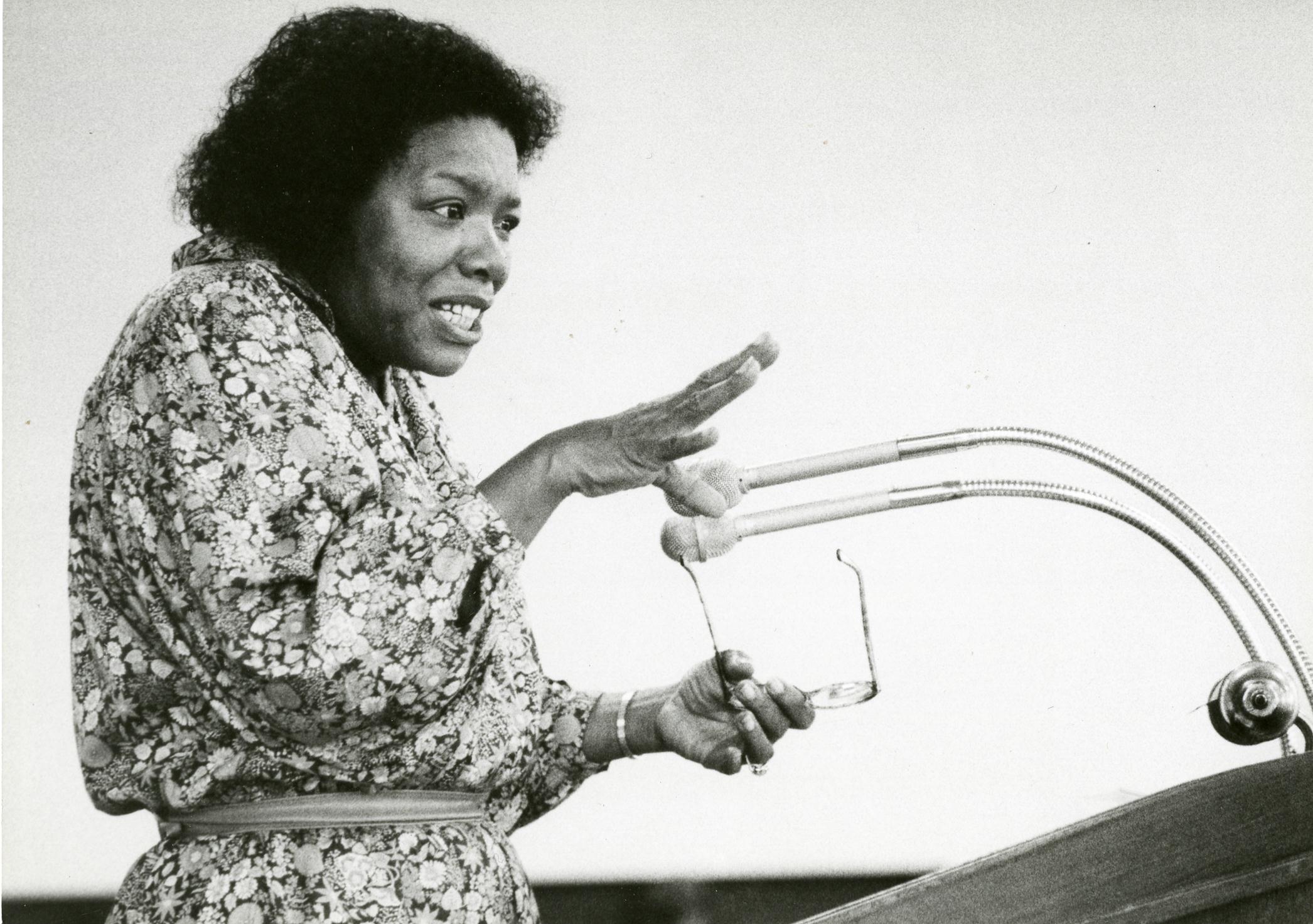
Malala Yousafzay
Malala accepting her NOBEL PEACE PRIZE
A WORLD AT SCHOOL
Malala's speech to the United Nations General Assembly 2013
TED talks on the importance of educating girls
Article by
Arthur, Pierre and Paul from the Ensemble Scolaire International Massillon in
Clermont-Ferrand (France):
Malala
Yousafzai and Kailash Satyarthi won the Nobel Peace Prize on Friday
10th October 2014.
Malala
Yousafzai is a Pakistani teenager who defied the Taliban to promote the
education of girls, and Kailash Satyarthi is an Indian children’s rights
activist.
They won
for their “struggle against the oppression of children and young people and for
the right of all children to education”. In its citation, the Nobel Committee
noted it was “an important point for a Hindu and a Muslim, an Indian and a
Pakistani, to join in a common struggle for education and against extremism”.
Malala
Yousafzai, now 17, was shot in the head by a Taliban gunman two years ago. She only just survived the attack and has continued
to campaign vociferously for girls’ education. She is the youngest Nobel
laureate in history.
Speaking at
a news conference in Birmingham, where she is now based, the teen said she was
honoured to be the youngest person and the first Pakistani to ever receive the
prestigious prize: "The award is for all the children who are voiceless,
whose voices need to be heard," she said.
Born in the
picturesque Swat Valley in northwestern Pakistan, Malala first gained attention
in 2009, when she was just 12, after she wrote a diary about life in her native
Swat as it fell under Taliban influence. Her sagacious insights into the importance of education and
her determination to buck the Taliban clampdown on girls’ education caught the
attention of the BBC, which published her diary.
Three years
later, the Pashtun student made international headlines when she was shot in
the head at close range in her school bus by a Taliban militant.
She survived
the attack, enduring a life-saving operation in Pakistan before being airlifted
to Britain for further treatment and extensive rehabilitation.
Barely nine
months after her traumatic, near-death experience, the outspoken Pakistani girl
riveted audiences across the world when she gave a speech to the United Nations
on her 16th birthday, a day the United Nations celebrated as “Malala Day”.
Responding
to the news of the award on Friday, Pakistani Prime Minister Nawaz Sharif
congratulated the schoolgirl and called her “the pride” of his country.
Satyarthi,
founder of the NGO Bachpan Bachao Andolan (“Save the Childhood Movement”) has maintained the teachings of
Mahatma Gandhi and headed various forms of peaceful protests, “focusing on the
grave exploitation of children for financial gain,'' the Nobel committee said.
Unlike the
Pakistani teen, Satyarthi was relatively unknown on the international stage
before Friday’s Nobel Peace Prize announcement.
Satyarthi is
known in his native India for his work in helping tens of thousands of
children, forced into slavery by businessmen, landowners and others, to gain
their freedom.
Reacting to
the news on Friday, Kailash thanked the Nobel committee for "recognising
the plight of millions of children who are suffering in this modern age”.
Satyarthi said in an
interview on an Indian TV station: "Something which was born in India has
gone global and now we have a global movement against child labour. After
receiving this award, I feel that the people will give more attention to the
cause of the children in the world."

















































